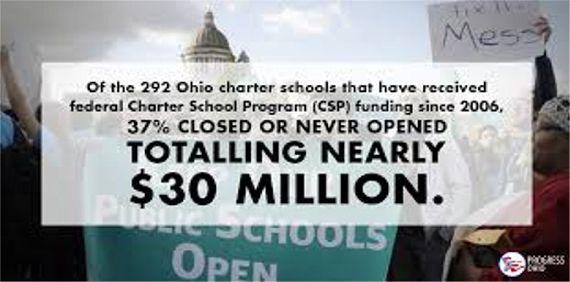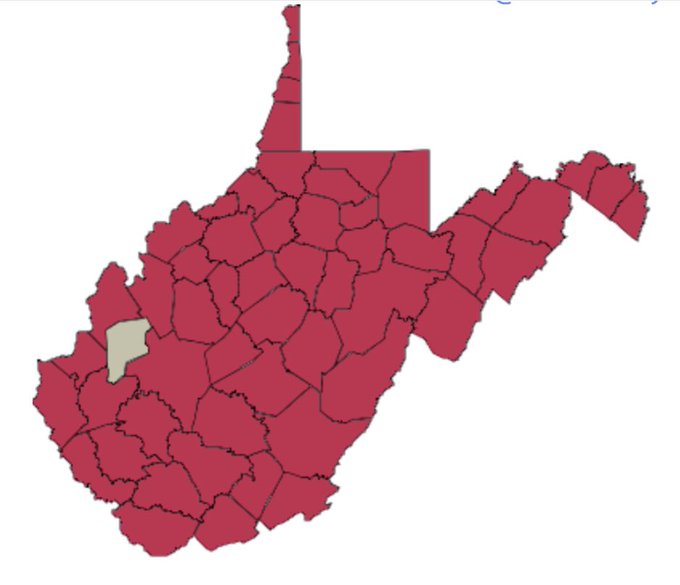California AG Addresses Charter Schools and Public Integrity Laws - Opinion Confirms Applicability of the Brown Act, Public Records Act, and Conflicts of Interest Laws

As the year came to a close, the California Attorney General published a lengthy, sweeping opinion on the following questions:
- Are a California charter school and its governing body subject to the Ralph M. Brown Act and the California Public Records Act?
- Is a California charter school’s governing body subject to Government Code section 1090?
- Is a California charter school’s governing body subject to the Political Reform Act of 1974?
- Are the books and records of a California charter schools subject to review and inspection by the grand jury?
These questions have been the subject of much debate since the adoption of the Charter Schools Act in 1992, and the focus of several failed pieces of legislation in recent years. The Attorney General answered each question with a solid “yes” – with one narrow exception: that the records of State-approved charter schools are not subject to grand jury review.
Many charter schools are already complying with these laws because they are specifically addressed in their approved charters. However, other charter schools have not agreed to comply with these laws — in particular Government Code section 1090 — which generally prohibits public officials from participating in the making of contracts in which he or she has a prohibited interest. Violations of section 1090 carry serious penalties, including the possibility of felony charges. In addition, contracts made in violation of section 1090 are generally deemed to be null and void. This can affect charter schools in a number of ways, including calling into question the validity of existing contracts and governing board compositions.
Key to the Attorney General’s analysis is the fact that charter schools are funded by taxpayer dollars and considered “school districts” for funding purposes. The Attorney General expressly rejected arguments that charter schools operated as, or by, nonprofit public benefit corporations are entitled to different treatment under these laws.
It should be noted that opinions of the California Attorney General are advisory only and are not legally binding on courts, agencies or individuals. However, they are afforded great respect and weight by the courts and often indicate how a judge may rule on the issues if presented in court.
In light of this opinion, both charter schools and their chartering authorities should evaluate whether and what changes may be necessary to ensure charter school compliance with the Brown Act, the Public Records Act and conflict of interest laws. This could include, for example, requiring changes to the approved charter, any memorandum of understanding, governing board composition, and possibly the governance structure itself. It may also require new contracts where violations of section 1090 have occurred.
The entire Attorney General opinion can be found here.
California AG Addresses Charter Schools and Public Integrity Laws - Opinion Confirms Applicability of the Brown Act, Public Records Act, and Conflicts of Interest Laws | Best Best & Krieger LLP - JDSupraMany charter schools are already complying with these laws because they are specifically addressed in their approved charters. However, other charter schools have not agreed to comply with these laws — in particular Government Code section 1090 — which generally prohibits public officials from participating in the making of contracts in which he or she has a prohibited interest. Violations of section 1090 carry serious penalties, including the possibility of felony charges. In addition, contracts made in violation of section 1090 are generally deemed to be null and void. This can affect charter schools in a number of ways, including calling into question the validity of existing contracts and governing board compositions.
Key to the Attorney General’s analysis is the fact that charter schools are funded by taxpayer dollars and considered “school districts” for funding purposes. The Attorney General expressly rejected arguments that charter schools operated as, or by, nonprofit public benefit corporations are entitled to different treatment under these laws.
It should be noted that opinions of the California Attorney General are advisory only and are not legally binding on courts, agencies or individuals. However, they are afforded great respect and weight by the courts and often indicate how a judge may rule on the issues if presented in court.
In light of this opinion, both charter schools and their chartering authorities should evaluate whether and what changes may be necessary to ensure charter school compliance with the Brown Act, the Public Records Act and conflict of interest laws. This could include, for example, requiring changes to the approved charter, any memorandum of understanding, governing board composition, and possibly the governance structure itself. It may also require new contracts where violations of section 1090 have occurred.
The entire Attorney General opinion can be found here.



























